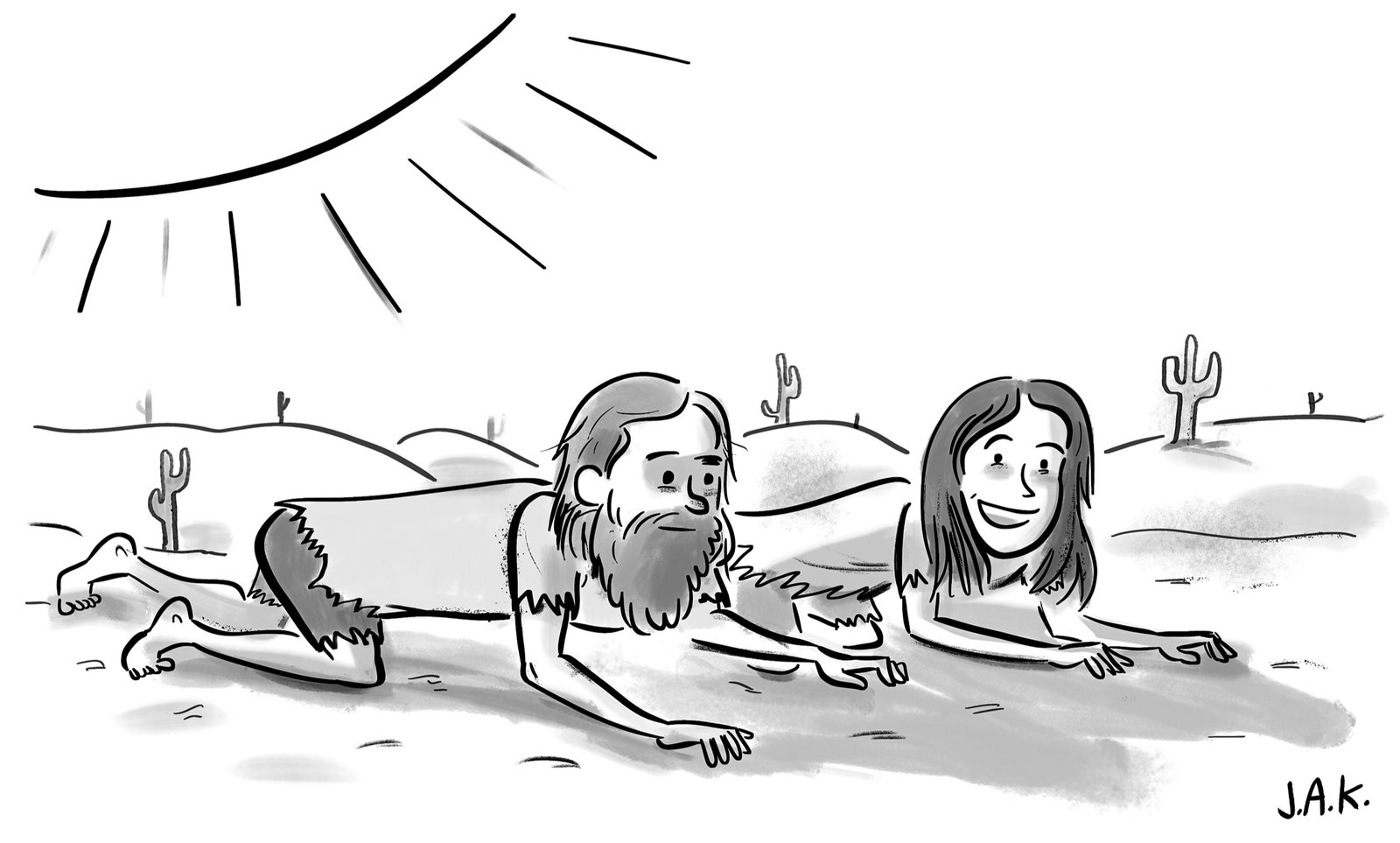Teeing Up with QAnon
In the spring of 2006, Charles T. Craton III, a businessman in northwestern Georgia, best known for his work on Chick-fil-A’s “Eat Mor Chikin” campaign, opened Entice Adult Superstore. “I did expect there to be controversy,” Craton later told the Rome News-Tribune. But, he went on, “you’d have thought I killed the Lindbergh baby, sunk the Lusitania, and started World War II.” There had never been a porn shop in Floyd County—although, as Craton had discovered, no ordinance barred them. The county commission subsequently passed one; Craton unsuccessfully challenged it. But he was allowed to stay open as long as he changed the store’s name to Entice Couples Boutique and promised that no more than thirty-five per cent of his inventory would be dildos and other “adult novelties.”
By that time, Craton had been expelled from the Coosa Country Club, in Rome, which is in Georgia’s Fourteenth Congressional District. The club offered Craton several reasons for his expulsion in addition to his ownership of Entice. A Coosa member is said to have resigned “because of a known pornographer”—Craton—among the membership, and because Craton’s wife allegedly appeared on a “pornographic Web site.” All this, the club maintained, endangered “the good order, welfare and character of the Club.”
Craton, who had been a Coosa member for four years, sued the club for five million dollars. “This is me standing my ground against the moral elitists of Rome, Georgia,” he told the News-Tribune. His lawsuit noted that he had “conducted himself, at all times, on and off the club premises, as a gentleman.” Craton also published an open letter in the paper, addressed to “The Members of Coosa Country Club,” in which he referred to “felony crimes” and “public drunkenness” by fellow-members, and mentioned “illegal gambling in the men’s locker room.” The letter went on, “If the Coosa Country Club Board is going to conduct witch hunts, then for God’s sake, let’s find all the witches.” It concluded, “Once we investigate who all the witches are, there won’t be any members left.”
The suit was dismissed before Craton could tell his Coosa stories to a jury. “Private clubs are the last bastion of legal prejudice,” he told the News-Tribune, after the decision. He built himself a house with a view of the club’s eighth hole.
“We called it the ‘porn hole,’ ” a former club member, who believed that Craton had got a raw deal, said recently. The club’s “moral hypocrisy,” as the former member put it, was on view again this month, when Coosa welcomed Representative Marjorie Taylor Greene.
Greene and her husband, Perry, who runs a construction company, were among eight new members mentioned in the January edition of the Coosa Chronicle, along with an engineer and an anesthesiologist. Greene’s admission was never put before the Coosa membership committee, as is standard for a controversial figure, according to a committee member who first learned of it on Twitter. Shortly before joining Coosa, Greene described the events of January 6, 2021, as “just a riot at the Capitol.” The violence, she said, was consistent with the Declaration of Independence’s support of “overthrowing tyrants.” (Any wrongdoing, she suggested, was the work of the F.B.I.)
“They ran Craton off for ‘pornography,’ ” the former member said. “But they don’t seem to have a problem with an adulteress who promotes insurrection?” He said he’d read about various extramarital affairs that Greene allegedly conducted years ago—one with a man who, according to the Daily Mail, now calls himself the Polyamorous Tantric Sex Guru on his OnlyFans page—when she worked at a CrossFit gym outside Atlanta. (Greene’s office denied the affairs.)
He was not the only Coosa member to be perturbed. John Cowan, a local neurosurgeon, who lost to Greene in a primary runoff, tweeted his reaction: “I hope she realizes she can’t handpick who else attends while she’s there like she does for her Townhall meetings.”
Entice Couples Boutique closed in 2015, and Craton moved on to other businesses. By then, the Rome Area History Museum had published a book titled “Legendary Locals of Rome.” The chapter “Outside the Box: Innovators and Rebels” opens with the story of Charles T. Craton III, who built “the largest store of its kind in the southeast.” ♦




